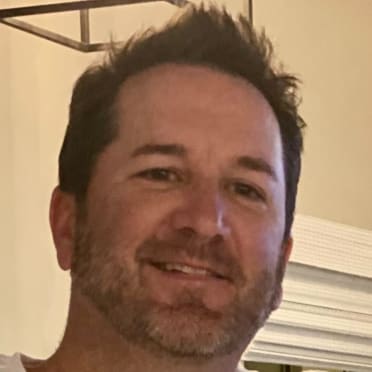Washington perfectly blends 'old school' thinking with modern-day nuance
SCOTTSDALE, Ariz. -- Ron Washington wasn’t necessarily on the national radar to be the Angels’ next manager when the job became open last November, but when you set foot in camp, it doesn’t take long to see why he was the choice.
Washington has, figuratively and literally, worn many hats during his half-century in professional baseball. He’s a grinder. He’s a tactician. He’s a teacher. And he’s passing on his brand of baseball to the Angels in his first camp as the club’s manager.
The Angels have a relatively young roster. Their manager is 71. But it’s clear that Washington connects with every player. The process he’s installed as the club’s spring preparation is finely honed, every step made with intent and precision. He believes there is a right way to go about everything, and that’s how he wants his players to proceed.
“What’s happening in the game today is, we gotta do more teaching,” Washington said. “We gotta do a lot more teaching. When I was coming up, there was a lot of teaching, but somewhere along the line, it got put on the back burner and it was more about talent.”
Washington’s process isn’t new, and it didn’t come to be overnight. It’s the result of his 54 years in the game and countless players, managers and coaches instilling in him volumes of knowledge.
Washington was signed by the Kansas City organization in 1970. He grinded his way through years in the Minors with the Royals and Dodgers before breaking into the Majors briefly with L.A. in 1977 and for good with the Twins in ‘81.
“Chico Fernandez, he’s my influence on my infield play. Everybody that’s ever been in my life, the way I express myself, I got it from somebody,” Washington said. “That’s the way the game was taught to me.
“Dusty Baker, Reggie Smith, Davey Lopes, Ron Cey, Steve Garvey, that’s who I came up with in the big leagues. And I remember when I got there, the first thing they said to me was, ‘You’re here to learn, and listen. You’re not here to take money out of our pockets.’
“And when you weren’t standing in the dugout when they came off the field, Tommy Lasorda didn’t have to get on you, they got on you. Dusty Baker was the peacemaker. Davey Lopes and Ron Cey were the drivers.”
Washington also told a story about how a veteran player made him pay a clubhouse attendant for a bottle of water he had asked the attendant to get for him, even though it was free.
“I got my own water after that,” he said. “But they were just teaching me that you have to pay your way. You have to earn it.”
Old School.
But as a manager and coach during this modern era of players, Washington has evolved with the game, and he understands that it takes a more nuanced approach than what he got from veteran players in the 1970s and ‘80s, so he’s put all those lessons in a cauldron and made it his own, in a way that's more palatable to today’s player while still showing them the proper way.
“[My mentors] tried to be loving, but they did it in a way that these kids today probably couldn’t handle,” Washington said. “[The tough love] didn’t bother me, didn’t bother Jeff [Leonard], didn’t bother Rafael Landestoy. To us it was just noise, because we could play. But they were right. Even though they were screaming and hollering and yelling, they were right.
“And I passed it on to Kirby Puckett. Kirby Puckett passed it on to a [guest instructor] we have out here, Torii Hunter. … And Torii Hunter passed it on. That’s how the game keeps going.”
One of those young players Hunter passed that to is Mike Trout, who played alongside Hunter his rookie season.
So whether they’re aware of it or not, these Angels are learning from Lasorda’s late-’70s Dodgers this spring. Dusty Baker to Ron Washington to Kirby Puckett to Torii Hunter to Mike Trout. To quote MLB.com’s own Sarah Langs, baseball is the best.
In addition to being a grinder, a tactician and a teacher, Washington is a 70-grade storyteller. And he saved a good one to tie this all together:
“One time I was playing for the Minnesota Twins when Gene Mauch was managing,” he recalled. “I was 9-for-9 in sacrifice bunts. He put on a bunt sign, and I didn’t get it down. He was screaming at me all the way back to the on-deck circle. I said, ‘Skip, I was 9-for-9.’ He said, ‘I don’t give a so-and-so about nine, I wanted that one.’
“I went and sat down next to Danny Goodwin and said, ‘Screw that gray-haired so-and-so.’ And you know what Danny Goodwin said? ‘That gray-haired so-and-so is correct.’ I said, ‘Danny, I know he’s correct. I’m looking for some sympathy here.’
“But that’s what we did for each other. He didn’t let me come crying to him when he knew I was wrong, even though we were boys. …
“That’s the influences [I had], and that’s what I’m trying to impart to [this club]. It doesn’t happen overnight. It takes time. But I’m going to be consistent, and those that can get it will get it, and those that can’t get it will find themselves somewhere else.”
